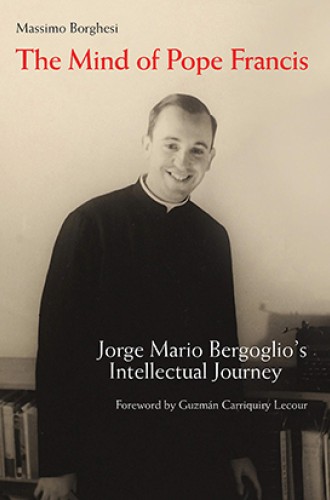Pope Francis the populist intellectual
The pope doesn't always show off his theological talents. Does that matter?
In Buenos Aires, Archbishop Bergoglio’s priests called him “Jorge.” He knew them all by name. He didn’t have the usual car and driver. He refused to live in the upscale bishop’s residence. He’d gladly listen to confessions while riding the subway. This is not only the sort of man a priest wants as a bishop, but the sort that Catholics want in a pope.
Or is it? Many conservative Catholics are quite unhappy with Pope Francis because of his passion for social justice, his welcoming comments on gay and divorced Catholics, and what they perceive as his weak defense of traditional Catholic teachings. One strand of this critique suggests that Francis lacks the theological and philosophical capacities to handle the papal office.
Massimo Borghesi’s book aims to be a partial response to that critique by displaying the range of Bergoglio’s intellectual preparation. Young Jorge’s studies, the reading of his Jesuit regency, and the contents of his library while provincial of the Argentine Jesuits are all reviewed in careful detail. I find the book fascinating. But I disagree with the concept behind it.






